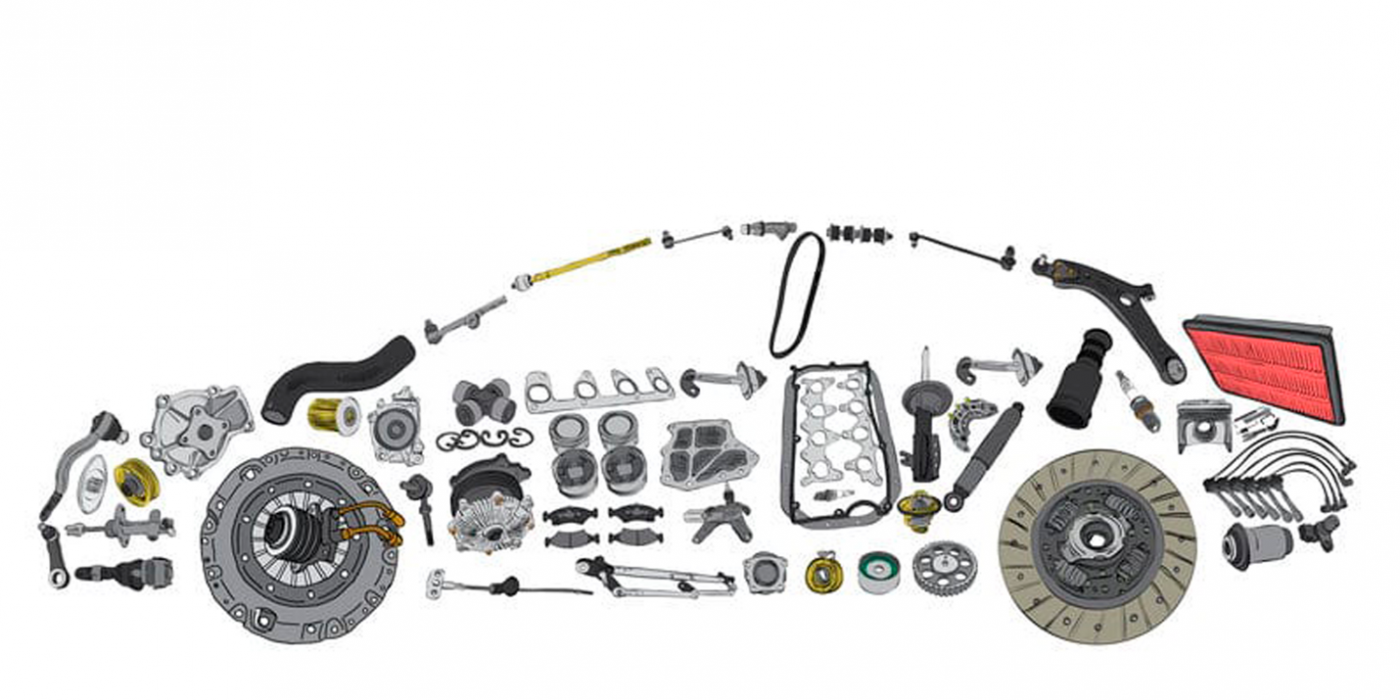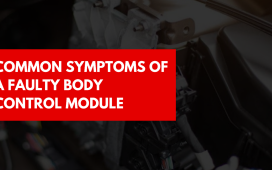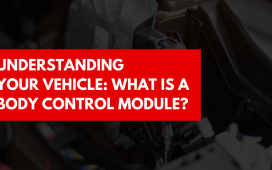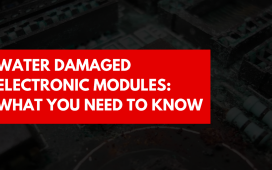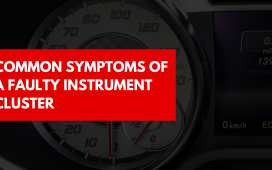Why Different Manufacturers Call the Same Part by Different Names
When it comes to automotive repairs, one of the biggest challenges for customers is navigating the different terminology used by various manufacturers. While the core function of a part remains the same, different automakers have their own unique names for it, which can sometimes cause confusion. Understanding these differences can help customers communicate more effectively with technicians and make informed decisions about their vehicle’s repair needs.
Please note these differences are not universal (many technicians will use generic terminology), but here are some examples of the general differences in terminology used by the larger manufacturers:

Instrument Clusters vs. Driver Information Modules vs. Gauge Meters
One of the most common examples of varying terminology is the dashboard display that provides speed, fuel level, and warning lights.
- Domestic manufacturers (GM, Ford, Chrysler) refer to it as the Instrument Cluster.
- Volvo calls it the Driver Information Module (DIM).
- Honda refers to it as Gauge Meters.
- BMW and Mercedes-Benz use the term Kombi Instrument.
- Toyota and Lexus typically call it the Combination Meter.

ECU vs. PCM vs. ECM vs. VCM
The “brain” of the vehicle—the main computer—also has various names depending on the manufacturer:
- General Motors (GM) refers to it as the Powertrain Control Module (PCM).
- Ford differentiates between an Engine Control Module (ECM) and a Transmission Control Module (TCM).
- Chrysler uses PCM for vehicles that integrate engine and transmission control.
- Honda and Toyota generally call it the Engine Control Unit (ECU).
- Volvo uses multiple modules, such as the ECM (Engine Control Module) and the CEM (Central Electronic Module).
- BMW refers to it as the DME (Digital Motor Electronics).
- Mercedes-Benz calls it the ME (Motor Electronics) or VCM (Vehicle Control Module).
Body Control Module (BCM) vs. Central Electronic Module (CEM) vs. General Module (GM)
Modern vehicles have a separate module that manages electronic functions like interior lighting, power windows, and locks:
- GM, Ford, and Chrysler refer to it as the Body Control Module (BCM).
- Volvo calls it the Central Electronic Module (CEM).
- BMW refers to it as the General Module (GM).
- Mercedes-Benz calls it the SAM (Signal Acquisition Module).
- Toyota and Honda often use Multiplex Control Units.
Throttle Body vs. ETM vs. TBM
The component responsible for controlling the air entering the engine also has multiple names:
- Most manufacturers call it the Throttle Body.
- Volvo refers to it as the Electronic Throttle Module (ETM).
- Mercedes-Benz uses the term Throttle Body Module (TBM).
Transmission Control Module (TCM) vs. Mechatronics vs. Gearbox Control Unit (GCU)
Transmission control also varies across automakers:
- Domestic manufacturers (GM, Ford, Chrysler, etc.) use the term Transmission Control Module (TCM).
- BMW and Volkswagen/Audi integrate the TCM into the transmission itself and call it Mechatronics.
- Mercedes-Benz refers to it as the EGS (Electronic Gearbox System) or Gearbox Control Unit (GCU).

ABS Module vs. DSC Module vs. ESP Module
Braking and stability control systems also go by different names:
- Most American and Japanese manufacturers refer to it as the ABS Module.
- BMW and Mini call it the DSC Module (Dynamic Stability Control).
- Mercedes-Benz and Audi use the term ESP Module (Electronic Stability Program).
HVAC Control Module vs. Climate Control Unit vs. IHKA/IHKR
The module that controls heating and air conditioning is another example:
- GM, Ford, and Chrysler refer to it as the HVAC Control Module.
- Honda and Toyota call it the Climate Control Unit.
- BMW uses IHKA (Automatic Climate Control) and IHKR (Manual Climate Control).
- Mercedes-Benz often calls it the AC Control Unit.
Final Thoughts: Why This Matters
Understanding these naming differences can prevent miscommunication and ensure customers get the right parts and repairs for their vehicles. Whether you’re ordering a replacement module, reading a repair manual, or speaking with a technician, knowing how manufacturers label their components will make the process much smoother.
At XeMODeX, we specialize in repairing and replacing these crucial electronic modules, regardless of what they’re called. Our expertise allows us to provide reliable solutions no matter the manufacturer’s terminology. If you’re ever unsure about a part in your vehicle, reach out to us—we’re here to help!
Visit www.xemodex.com to check out our products and services.

